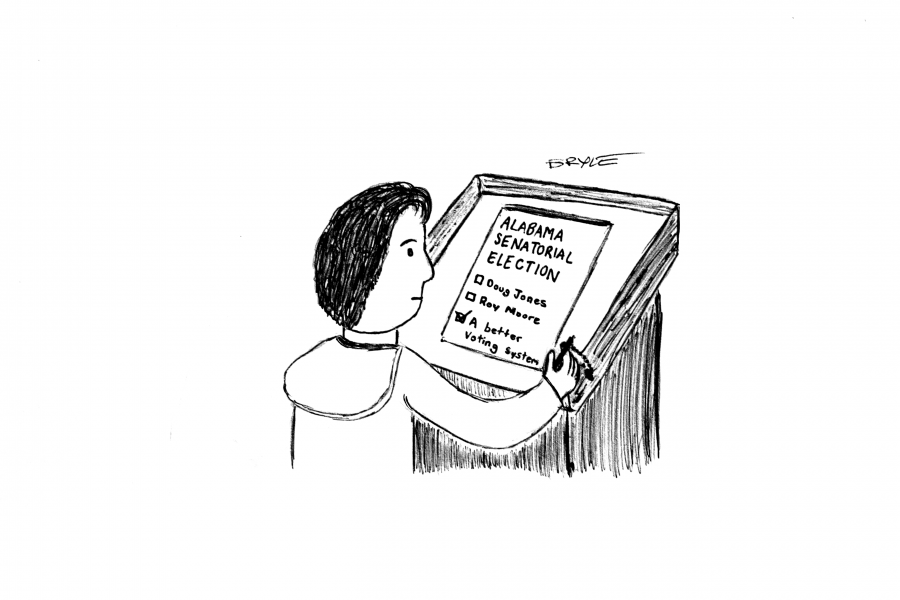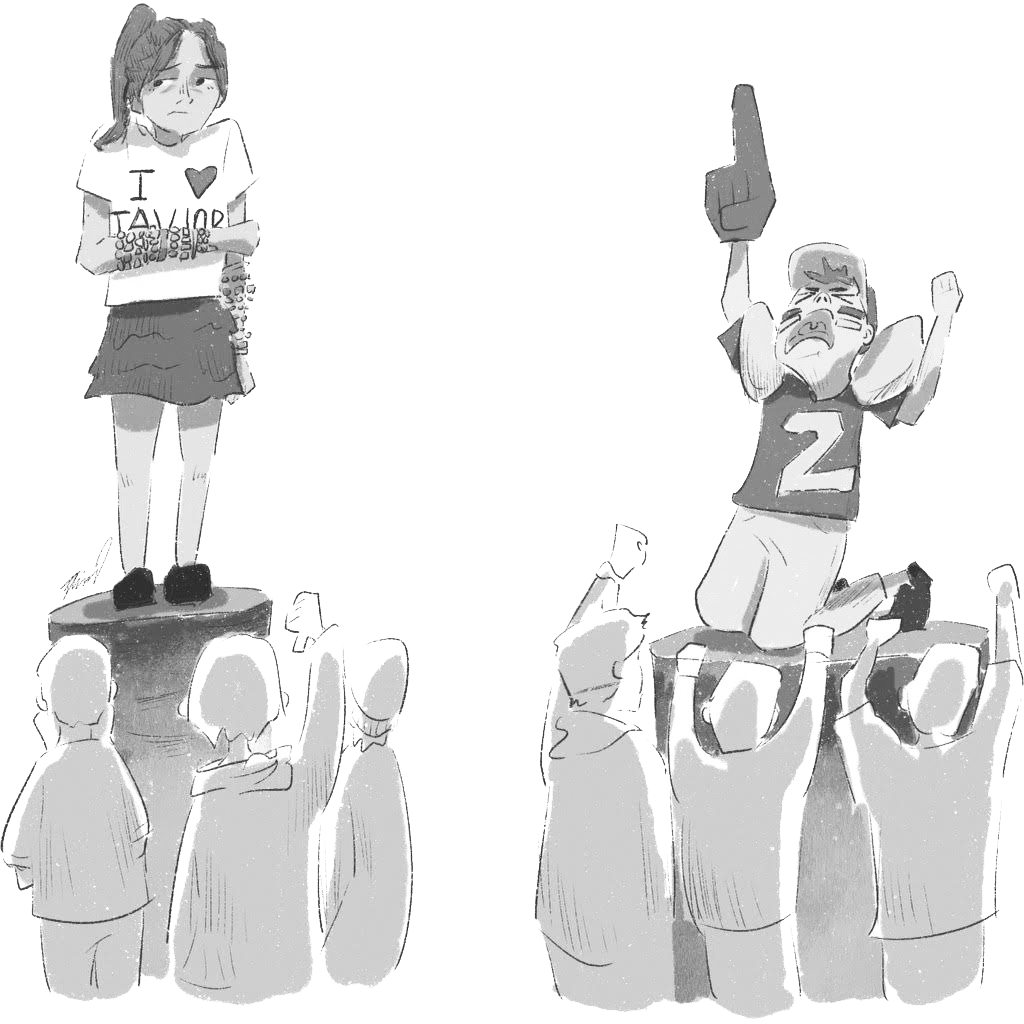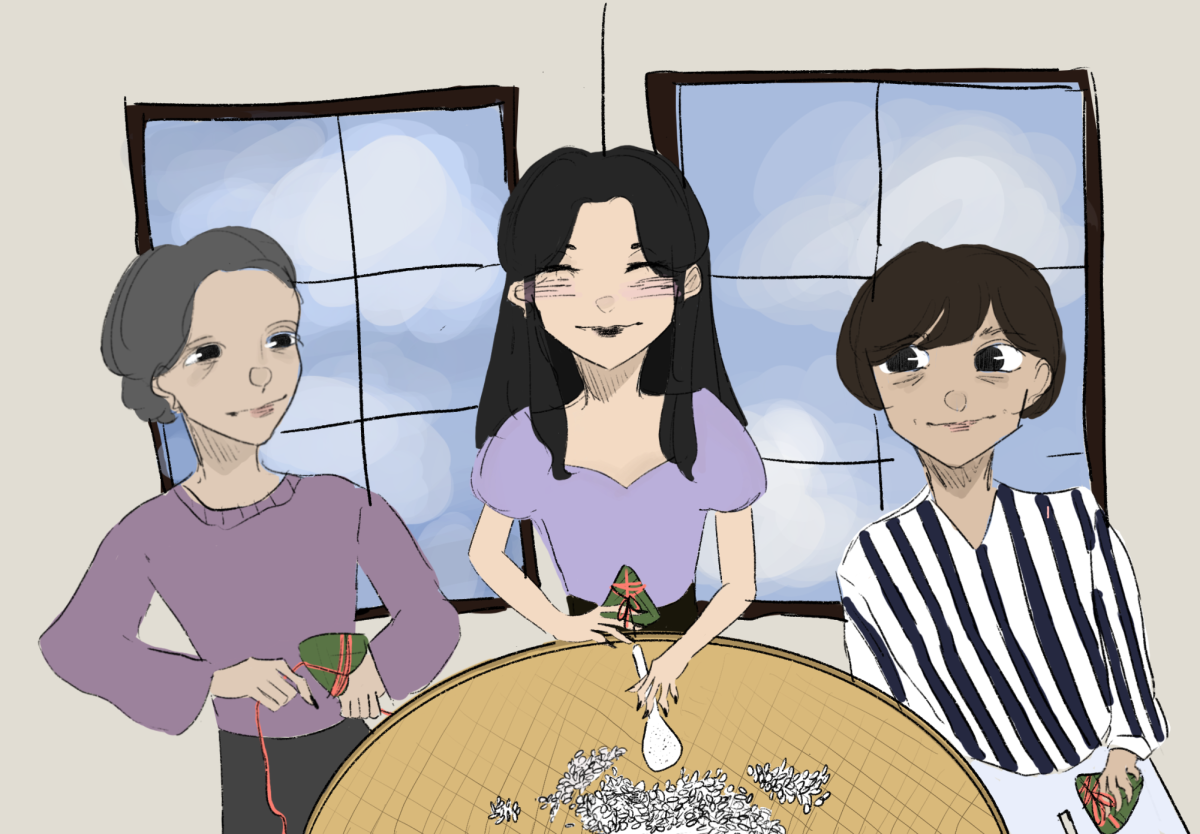As children, we are taught that the United States is a democracy, that we are all equal under the Constitution, that our right to vote is a defining characteristic of our country. Throughout our K-12 education, whether we’re in the fourth grade learning about our state’s history or in the 12th learning about the intricacies of our government, there’s a sense that democracy is something special that we should cherish.
The idea that we need to cherish democracy is absolutely true, but in practice, our ideals of democracy have become warped. A
At the core, the United States’ democracy is flawed, skewed towards the interests of the highest bidder. While the battle for Net Neutrality isn’t over, the issue is a poignant example of how outside interests have hijacked Congress, an institution meant to represent the people. Telecommunications companies like AT&T and Comcast have spent nearly $101 million in the past decades in “donations” to members of Congress in exchange for their endorsement of bills that would financially benefit their companies, rather than the people.
While the issue at hand appears to be with the members of Congress, corporations, or other figures that have twisted democracy into a money-making scheme, the issue actually stems from a flawed institution.
Part of the issue is the inherent way that the United States runs many of its elections, which has created a two-party domination between the Republicans and Democrats. Because of the polarization that occurred between parties, many are forced to pick between issues that matter to them the most. For example, many who oppose abortion feel obligated to vote for a candidate who shares that belief, even if they would be disadvantaged on other issues if that candidate were to be elected. In other countries like Germany or Sweden, multiple parties exist, with none of them having a significant majority in their legislative system, allowing people to support an official who actually represents them and their beliefs. With that sort of system, we wouldn’t see nearly half of Alabama voting for Roy Moore in the recent Senatorial race, a notoriously unfit candidate, likely because he held some social views some voters found important.
Another issue is the longtime voter turnout decline among the American people. While the problems in American politics do exist, a large voter turnout can often overcome a motivated minority or unfit candidate. During the 2016 Presidential Election, the voter turnout was actually the lowest it’s been since 1996, with a voter turnout of about 55 percent. Despite Hillary Clinton winning the popular vote, which has historically indicated the will of the people, she lost the electoral vote. Although one cannot say for certain how the vote would have changed if the remaining 45 percent did cast a vote, it certainly could have shifted the results.
Most notably employed in Australia, compulsory voting has been used to combat low voter turnouts. Introduced in 1924, the rationale for compulsory voting laws came from the idea that voting is a civic duty, just like paying taxes or serving on a jury. Australian citizens aren’t forced to vote for a candidate they don’t like either. In the case that they don’t agree with any candidate, they may simply turn in a blank ballot. In addition, voter suppression is not nearly as rampant as it is in the United States since everybody is obligated to vote.
While multi-party systems or compulsory voting may seem like radical ideas that may not work in the United States, our current system clearly doesn’t work either. At the basic level, we currently have a president who barely a third of our country supports according to recent approval ratings according to the Gallup Poll. If our current system doesn’t work, we don’t have any other choice but to fix it.
An even more radical idea, however, is to instill civic pride within our nation and educate them. This has to come in our K-12 years, where instead of touting the word “democracy” and “freedom” around like some sort of trophy the United States won in 1776, we teach kids that their one vote does count. To teach children that civic engagement does make a difference and that their vote does contribute to a better world around them is paramount. If the people of the United States can foster a culture of voting, a long-term change for the better can be made with a course set for real democracy.






